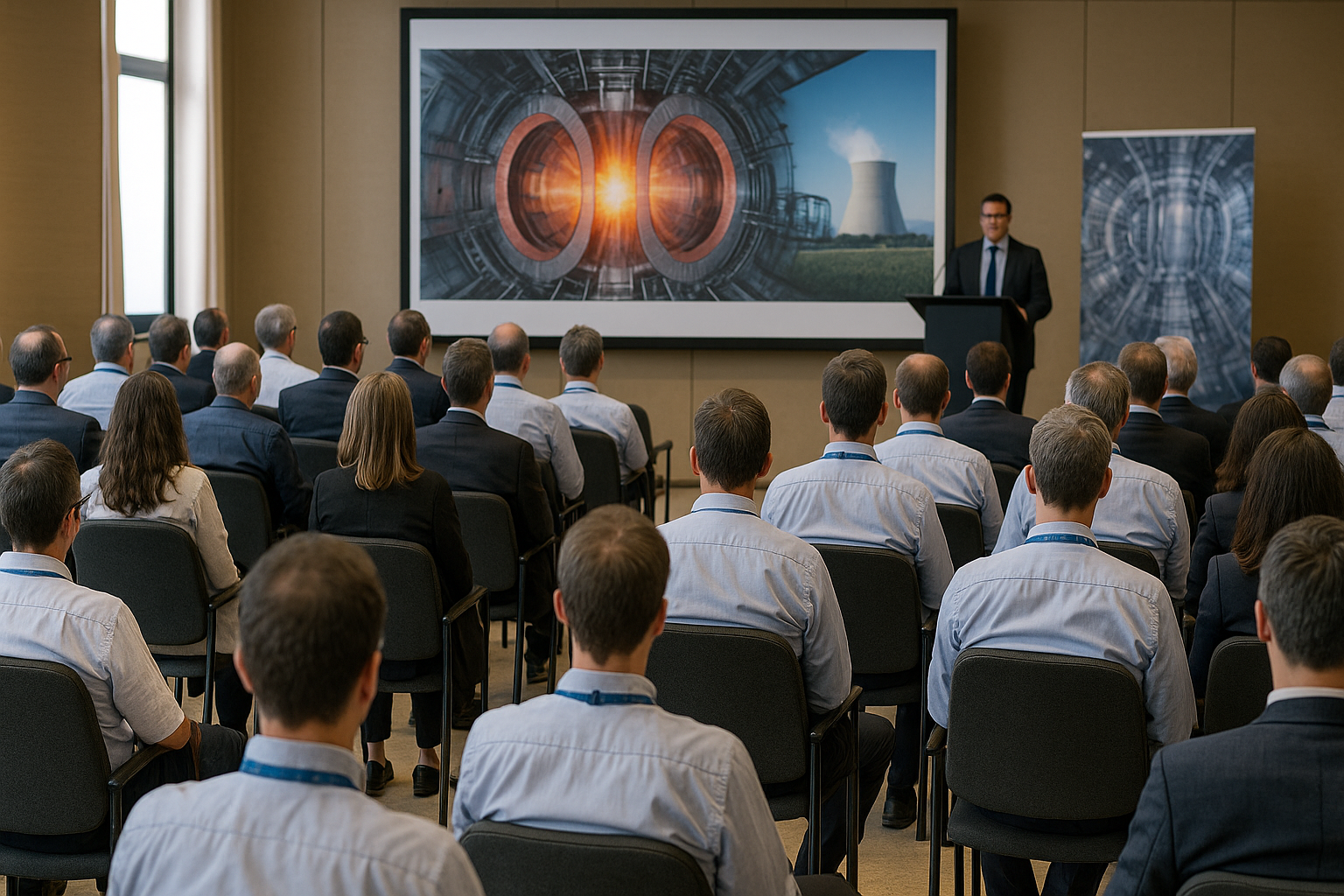IAEA Launches First Spanish Advanced Nuclear Law Course in Mexico City
By offering the course in the region’s primary language, the IAEA has removed a barrier to technical understanding, enabling deeper engagement with complex legal frameworks.

- Country:
- Mexico
The International Atomic Energy Agency (IAEA), in partnership with Mexico’s Ministry of Energy, has conducted its first-ever Advanced Training Course on Nuclear Law in Spanish, a milestone initiative aimed at strengthening nuclear legal frameworks across Latin America and the Caribbean.
Held in Mexico City last month, the two-week course gathered 33 participants from 15 countries in the region. It provided government officials, legal experts, and regulators with advanced training on nuclear law, focusing on adherence to international treaties and the development of robust national legislation for the safe, secure, and peaceful use of nuclear energy and ionizing radiation.
Enhancing Regional Legal Frameworks
The training emphasized the importance of strong and comprehensive nuclear legal systems. Participants studied:
-
The main international legal instruments governing nuclear safety, security, safeguards, and liability.
-
The core elements of national nuclear legislation, including authorization, inspection, enforcement, and regulatory independence.
-
The integration of nuclear law into national legal frameworks to ensure compliance with international obligations.
Through lectures, case studies, and panel discussions, the course encouraged the exchange of experiences among countries with different legal systems. A final assessment tested participants’ understanding, ensuring that knowledge gained could be directly applied in their home countries.
Regional Voices
For many participants, the delivery of the course in Spanish was transformative.
“The Advanced Course on Nuclear Law is a great opportunity to strengthen my expertise, and having it in Spanish makes a real difference for applying complex legal concepts in my work,” said Diego Julien, Legal Advisor at Uruguay’s National Regulatory Authority for Radiation Protection.
By offering the course in the region’s primary language, the IAEA has removed a barrier to technical understanding, enabling deeper engagement with complex legal frameworks.
Building on Global Initiatives
The Spanish-language course follows the success of the IAEA’s flagship Nuclear Law Institute, held annually in Vienna. It also builds on the first Advanced Training Course in English hosted in Serbia in late 2024, and the inaugural French-language course held in Algeria in August 2025.
Together, these initiatives form part of the IAEA’s commitment to making nuclear law training accessible in multiple languages, tailored to regional needs.
Mexico’s Role
The successful organization of the Mexico City course was made possible through the collaboration of the IAEA and Mexico’s Ministry of Energy. As host, Mexico provided key logistical and institutional support, reflecting its commitment to advancing nuclear law capacity in Latin America.
This partnership demonstrates Mexico’s role as a regional leader in promoting safe, secure, and peaceful nuclear energy use, as well as fostering international cooperation.
Part of a Broader Assistance Framework
The training was conducted under the IAEA Legislative Assistance Programme, which helps Member States develop legal frameworks aligned with international standards. It was also part of an interregional project of the IAEA technical cooperation programme, designed to build sustainable legal and institutional capacities worldwide.
Looking Ahead
With the successful conclusion of this first Spanish-language course, the IAEA has reinforced its commitment to expanding capacity building in nuclear law. Future sessions in multiple languages will ensure that legal experts worldwide can access specialized training, strengthening global efforts toward nuclear safety, security, safeguards, and peaceful applications of nuclear technology.










